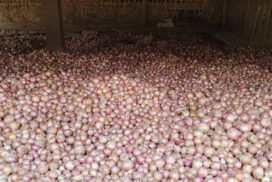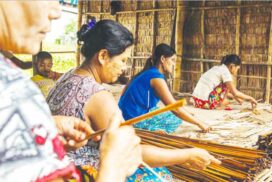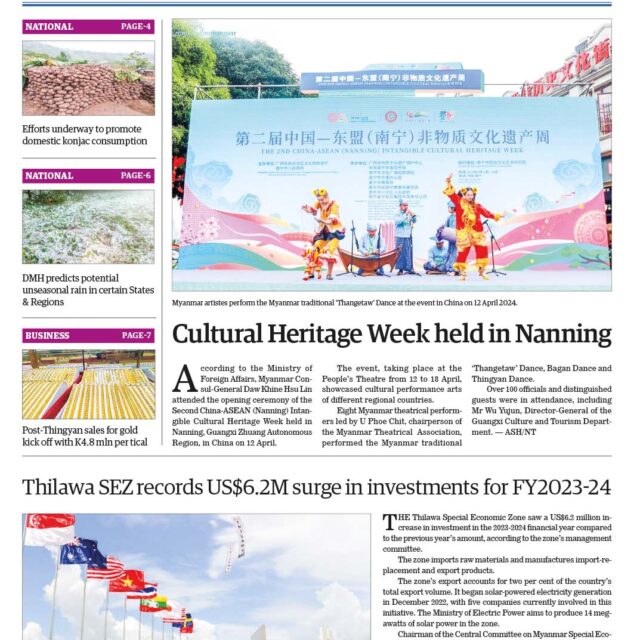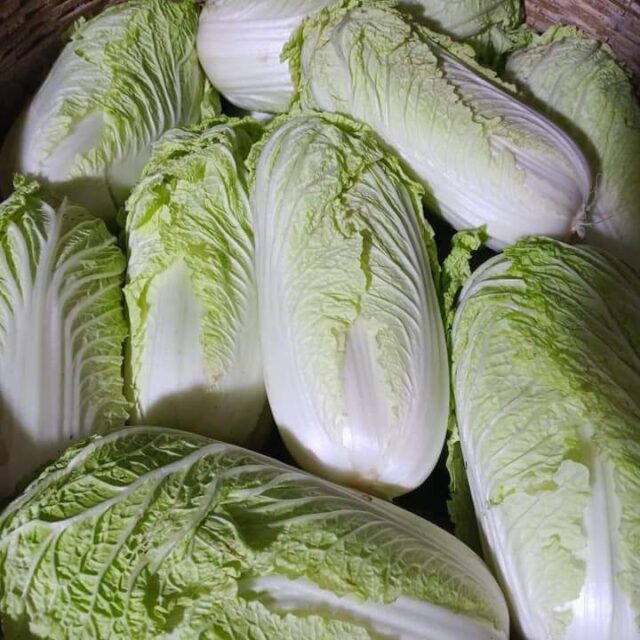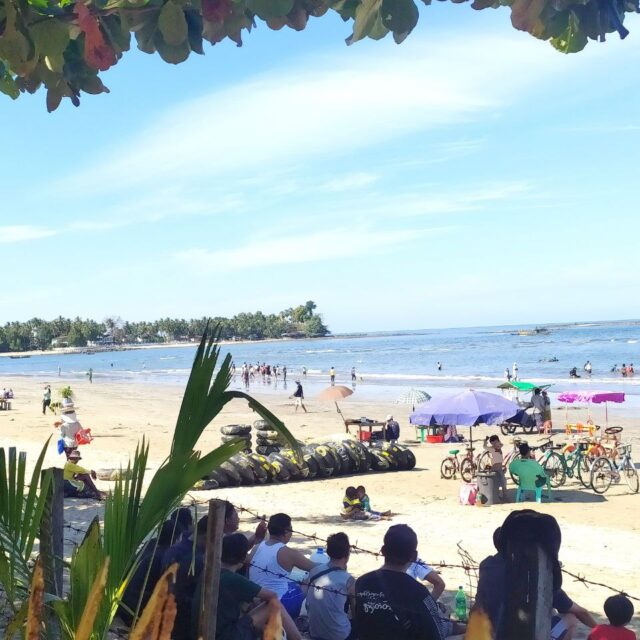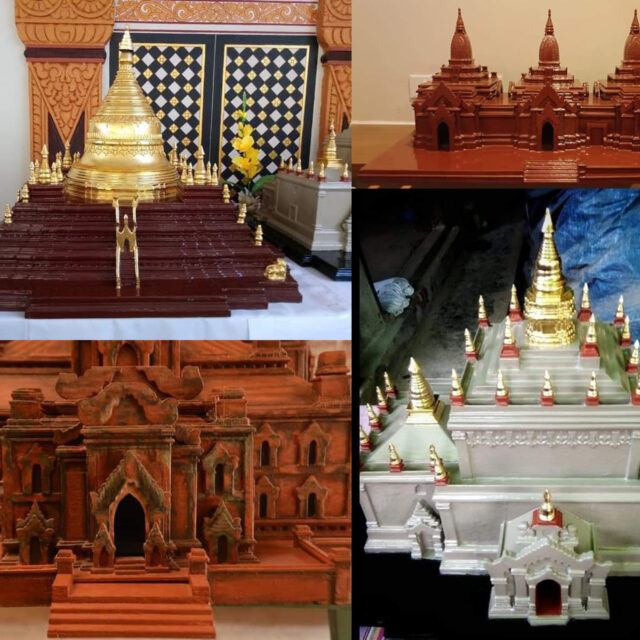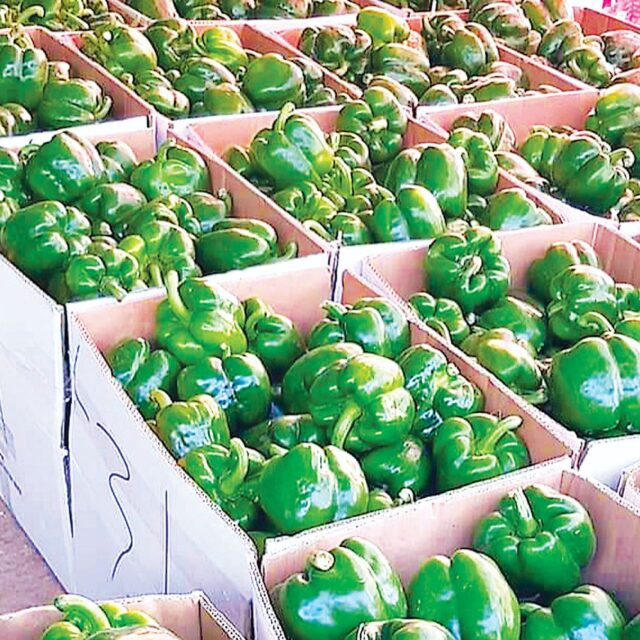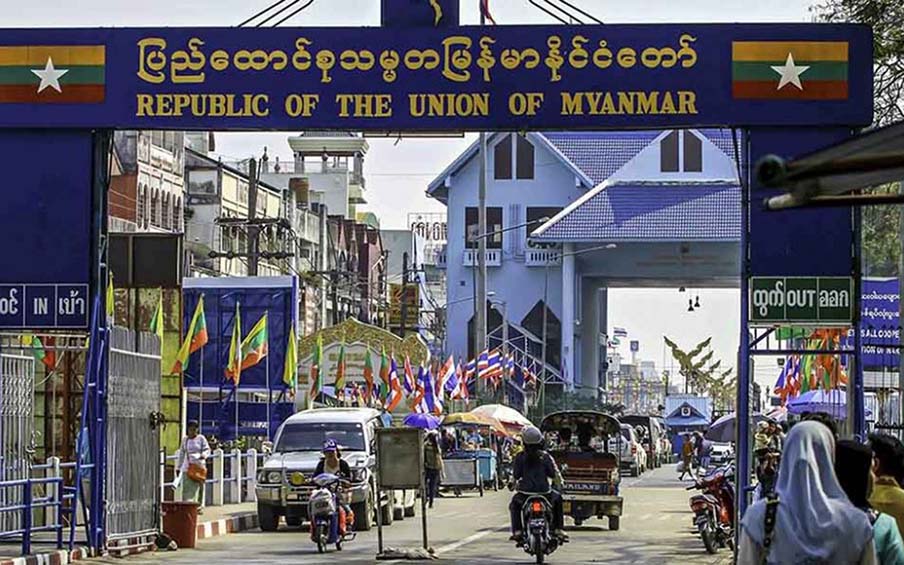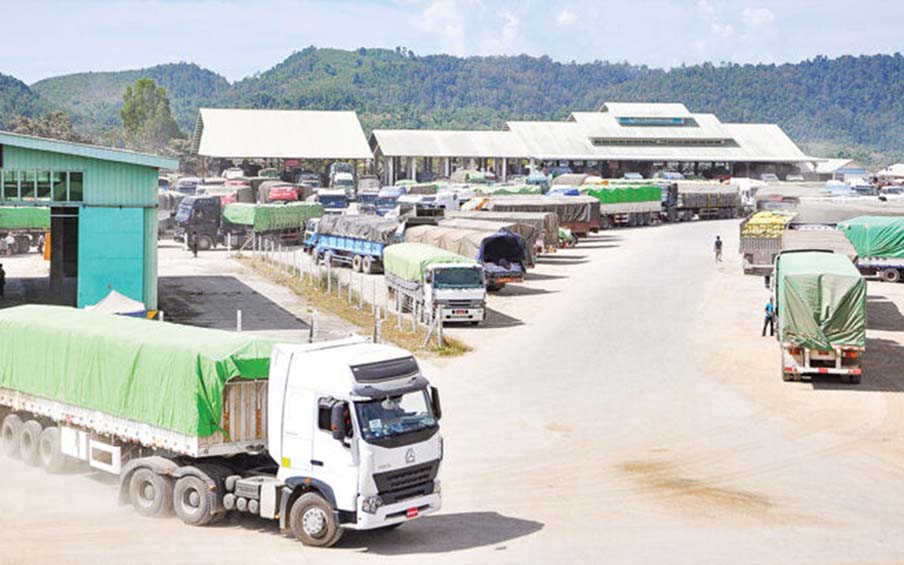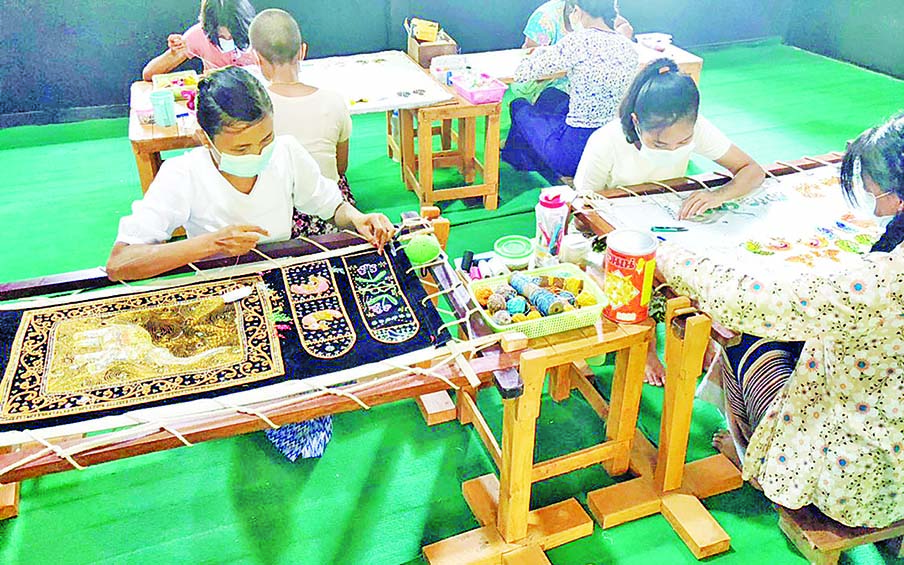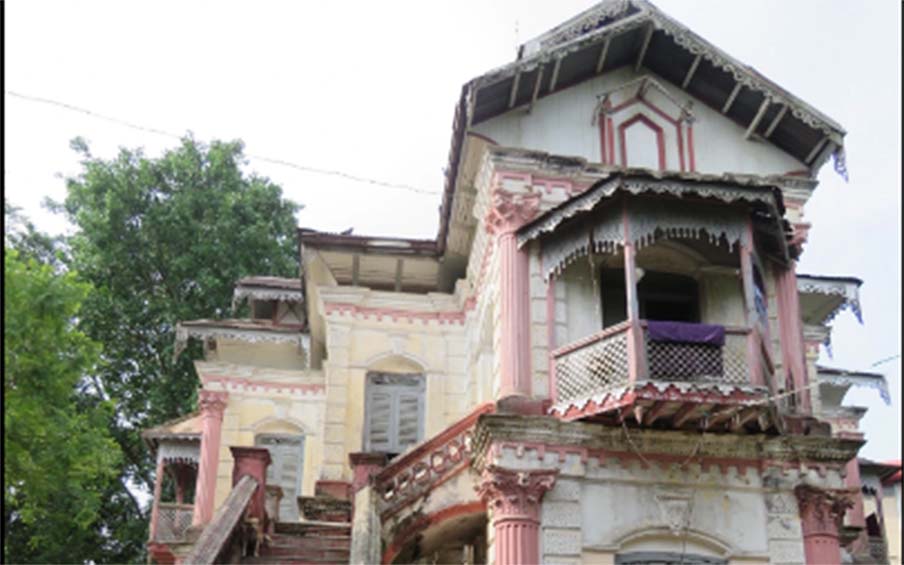Local people residing in dry regions of Myanmar have been engaging in the cultivation of various cotton species for many years to earn family incomes.
They use cotton wool in making threads through traditional methods to produce textile at traditional looms. Consequently, their products just meet the local demand but cannot compete with imported ones. It is because those local growers and loom owners do not have modern techniques for manufacturing quality products. So, their products miss the chance to penetrate the international market.
According to the estimation of relevant ministries, the cultivation of cotton plants in the country may exceed the demand. But, the local-made textile products are not able to compete with the imported ones in the domestic market. As such, traditional weaving industries need to seek modern techniques for the production of quality textile products.
Consequently, textile and related accessories worth US$1,280.152 million were imported in 2021 for the operation of local garment factories. In this regard, Myanmar exporters pay a set rate of tax in exporting cotton wool to foreign countries and buy necessary raw textile at high prices. If the country can produce quality textile at home with the use of owned cotton wool, unnecessary costs can be cut and prices of products reduced, contributing much to meeting local demand and garment industries.
In this regard, it is necessary to upgrade traditional looms for manufacturing quality products, aimed at supplying local clothing demands and helping garment industries increase export products. Hence, local and foreign investments should be invited for better production.
Myanmar cultivates long and short-staple cotton species. Of them, local growers prefer to use long-staple cotton strain. It is because the long-staple cotton is the most appropriate for the production of good textile.
Relevant ministries need to seek technical assistance and expertise from cotton expert countries such as Egypt, Turkey, Pakistan and India, and Central Asian countries to get quality cotton strains and operate long-staple cotton industries. The expertise from those countries should be combined with Myanmar’s initiatives to create better textile products capable of competing with imported products.
Relevant ministries need to seek technical assistance and expertise from cotton expert countries such as Egypt, Turkey, Pakistan and India, and Central Asian countries to get quality cotton strains and operate long-staple cotton industries. The expertise from those countries should be combined with Myanmar’s initiatives to create better textile products capable of competing with imported products.
In fact, local cotton growers and relevant ministries need to upgrade traditional cultivation and production methods for cotton industries in order to manufacture better quality textile products and cut the unacceptable waste of spending foreign exchange in a long run.



